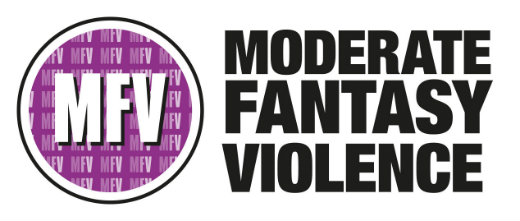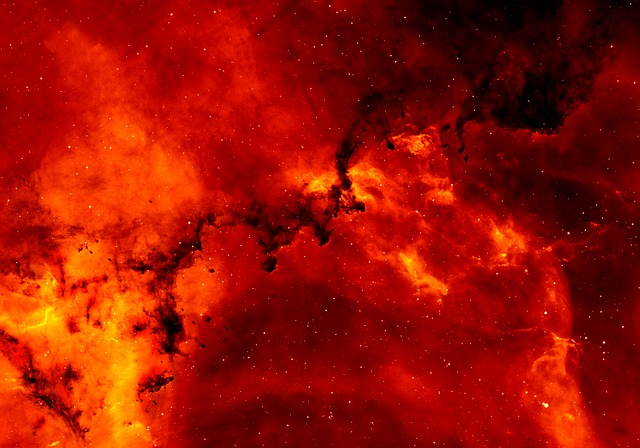It’s a concept that is elegantly simple. A protagonist wanders into the unknown, be it deep into the jungle or outer space, and stumbles across something dangerous. Not just something dangerous, but something clever, well adapted for hunting humans and vicious. This was the great strength of both the original Alien and Predator films, one which their many sequels fail to capture.
What does the success of these simple stories tell us? That danger lurks in the darkness? That as we travel forth, conquer nature and then the stars, there will be things that we uncover that are dangerous and beyond our understanding. It sends a shiver of fear and excitement down my spine just thinking about it.
This is an old fear that continually re-expresses itself in our culture. It can be seen in Medieval maps that depict sea monsters in the mid-Atlantic or strange, headless people who inhabit a kingdom just beyond the edge of the known world. This fear goes back at least as far as the Odyssey, where Odysseus encounters strange monsters in distant lands as he voyages home.
The fear itself might even be primordial, as it manifested itself in childhood fears of the darkness under the bed or monsters in the closet. All these fears are essentially the same, the idea that the unknown holds something terrible that will attack us if we invade its space.
Films like Alien and Predator have given a face (and teeth and claws) to the thing that lives in the unknown. Giving the unknown form doesn’t make it any less scary because these films keep a sense of the unknown in their antagonist. The Alien or the Predator are unknowable to the audience. We are not cable of understanding them. These are not friendly, accessible aliens, like Chewbacca or ET, ones with common fears and hopes to our own. These aliens only reflect back to us our fear of what lives in the darkness.
Again, I think this is something that recent Alien and Predator films fail to capture. Explaining too much about who these creatures are and where they come from make them less scary and thus less alien. The simplicity of encountering danger in the unknown was the strength of the 70s and 80s originals.
Of course, in reality, there are no real monsters. As we have probed the darkness, humanity has not found alien horrors. We didn’t find sea monsters in the ocean, only placid mammals, minding their own business, which we slaughtered. The only monsters are ourselves and how we treat the strangers we meet. Our history shows us that when humans explore we shouldn’t fear the unknown, the unknown should fear us.
Even if we meet aliens out there, or the aliens stumble across us, they won’t be monsters. If anything bad happens, it will likely be because our fear of the unknown will lead us to make rash, violent decisions. This is a fear that it seems we cannot escape from, as we have expressed it throughout history. Despite knowing more about the world and the stars above us, we still fear what lies just beyond the extent of our knowledge. We need to grapple with the idea that the real monsters are ourselves if we don’t want to repeat the mistakes of the past on a new frontier.
The Alien and Predator films show that we are frightened of things that are foreign and dangerous. These stories elegantly show one of our greatest fear, but in a sense mask what is truly terrifying in ourselves.
Find out what Nick and Alastair thought of latest Predator sequel The Predator by listening to the podcast below:


